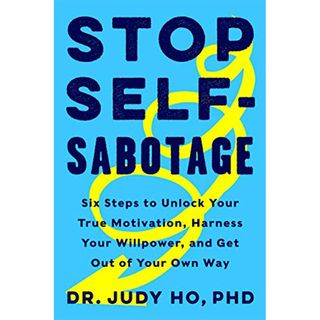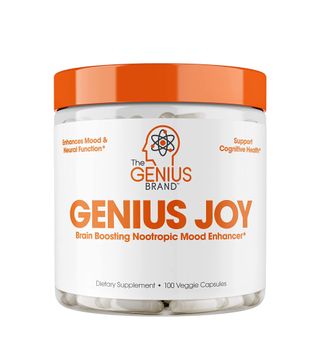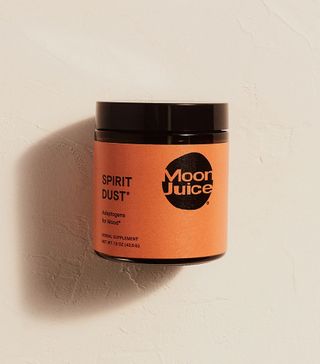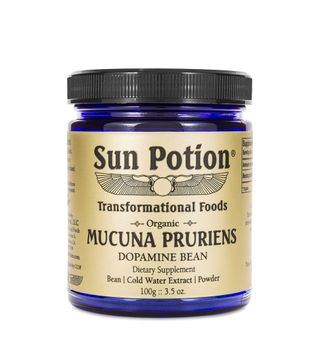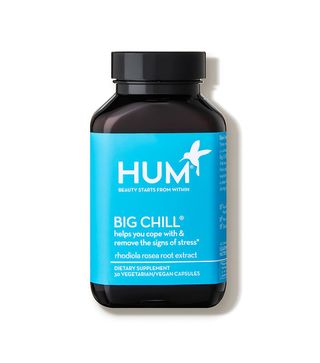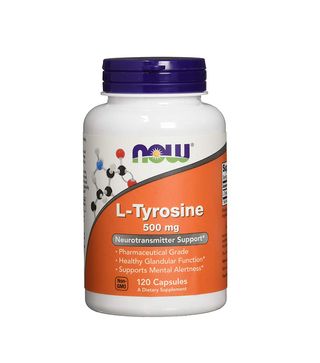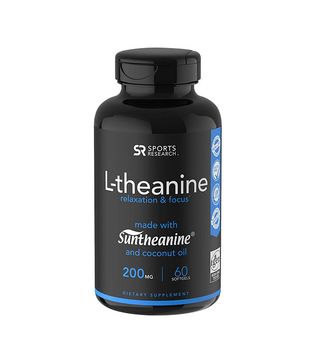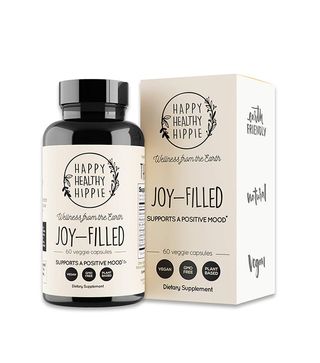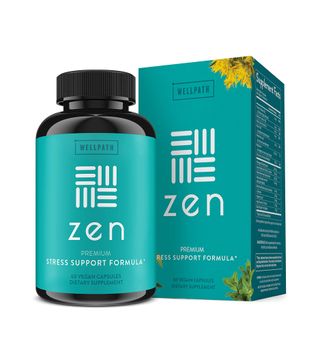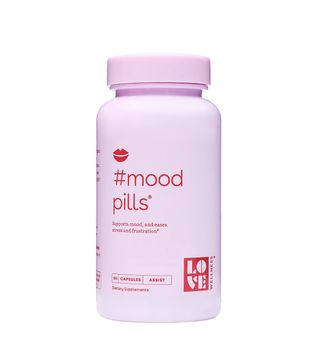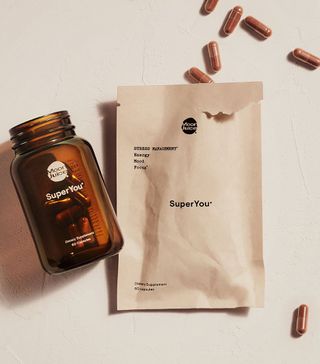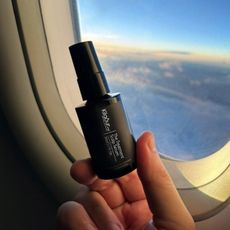Here's What a Brain Expert Wants You to Know About Mood-Boosting Supplements
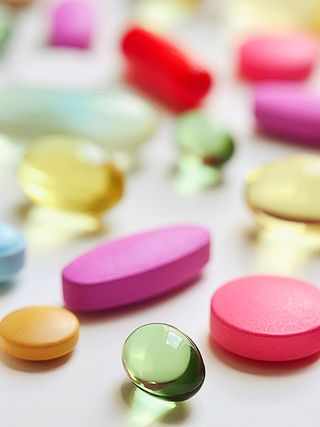
You might have seen or heard of a variety of natural dopamine supplements out there that promise to boost your mood and energy. Some are referred to as nootropics, which we've covered before. When you're feeling sluggish and meh, this might sound very appealing to you—and for some people, they really do work wonders. But are they really effective, and are they safe for you? We asked Judy Ho, Ph.D., a triple-board-certified clinical and forensic neuropsychologist and the author of Stop Self-Sabotage: Six Steps to Unlock Your True Motivation, Harness Your Willpower, and Get Out of Your Own Way for her take on them.
"The neurotransmitter dopamine has been dubbed 'the happy chemical' by many adoring fans and is vitally important to our reward system," Ho says. "When dopamine is released in your brain in response to rewards, it promotes feelings of happiness, pleasure, and well-being. Dopamine motivates you to seek rewards and to persist in your pursuit of goals that meet your needs. As part of the reward pathway, dopamine is made in nerve cell bodies located within the ventral tegmental area (VTA) and is released in the nucleus accumbens and the prefrontal cortex. Natural dopamine supplements are designed to increase dopamine levels in the brain. Most contain some type of amino acid that is thought to be used in the brain's natural dopamine creation process."
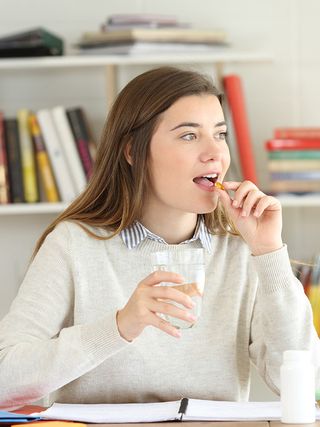
Ho says that there are four common nutrients and ingredients that can affect your mood and may be included in these types of supplements:
L-tyrosine: It's a type of dopamine supplement. It is an essential amino acid that is a precursor of neurotransmitters including dopamine. Tyrosine can be taken through your diet or synthesized in the body. It has been reported to improve mood, regulate sleep, and help ease emotional stress.
Mucuna: It is also known as the velvet bean plant. It naturally contains the amino acid L-dopa, which is synthesized in the body in the same way as tyrosine and used in the dopamine production process. Users report a decrease in depression and psychological stress and an increase in sense of well-being.
L-theanine: It's another amino acid that is only found in green tea and might help to boost brain dopamine levels. Users have reported stress-relieving effects and feeling relaxed yet alert, and it may help to improve focus.
Rhodiola: It's a plant used in traditional medicine in Eastern Europe and Asia, and it has effects on the central nervous system by supporting the reuptake of dopamine, making it more readily available and accessible. It has been reported to reduce depression, anxiety, and stress-related fatigue, along with an increase in the ability to manage stress.
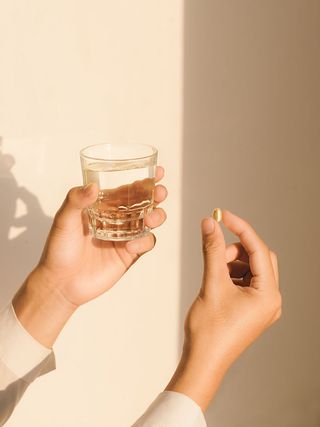
If you're looking into a natural dopamine supplement, one of the most important things you should do is consult with your doctor or healthcare professional first to figure out which one might be right for you and to make sure you're not taking something that can be harmful. Ho suggests asking questions about the quality, safety, and effectiveness, and to let your doctor know what other medications you're taking. Also a special note: If you do have a history of depression or anxiety, or think that you're exhibiting symptoms, you'll especially want to seek the help of a professional, as you might have to pursue different—and possibly more effective—treatment methods.

When choosing a supplement, it's essential to read the labels and do your research. "Watch out for supplements that overpromise and sound too good to be true (because they are)! Most of the descriptions on supplement bottles are not evaluated by the FDA, so the claims can be wide-reaching without having demonstrative evidence of effectiveness," Ho recommends. "Do your research and look at whether there are human clinical trials that have tested the supplement and its effects, as well as its safety, ideally, in research that uses both a control group (people who did not take the supplement or took a sugar placebo pill) and an active 'treatment' group (people who took the supplement), and compared their results against one another. It will be helpful if there has been more than one study, and also if the sample size is larger (a good rule of thumb would be more than 500 people)."

Keep in mind that some people have become too reliant on these, Ho warns. "There are some supplements that purport to give you energy that people can become addicted to. There are some supplements that might actually create a physiological dependence, such as those that speed up your metabolism, energy, or focus and are designed to stimulate your central nervous system. Some of these contain ingredients such as ephedra, and the FDA has banned dietary supplements that contain ephedrine alkaloids because of elevated risk of cardiovascular complications, seizures, and death," she says. "However, people can become psychologically dependent on supplements of all kinds, as they start to rely on supplements for boosting their mood or energy levels instead of seeking lifestyle solutions that might help them to achieve well-being in the long run. In general, proceed with caution when using supplements. Know that the FDA has not evaluated supplements and does not monitor or approve what the manufacturers describe as the supplements' purported benefits. Definitely do not take more than directed on the bottle or package, but also know that even the directed dose on some supplements can lack scientific scrutiny."

If you're looking for other ways to boost your mood without taking supplements, Ho recommends getting at least 20 to 30 minutes of sunshine a day (and early in the morning, if possible), making sure you're sleeping well and enough, staying active (even 30 minutes three times a week can help), and connecting with loved ones.
However, if you do want to explore the world of natural dopamine supplements, take a look at some picks below from our editors. Remember to read the labels thoroughly and discuss with your doctor before buying as it's not always one-size-fits-all.
A best seller on Amazon, these nootropics are supposed to improve your focus, energy, wellness, and cognition. They contain vitamin B12 and D, plus L-theanine, which can help reduce stress and stabilize your mood.
Our editors are already big fans of Moon Juice's Brain Dust, so it's no surprise that we also love Spirit Dust. Made of reishi, ashwagandha, astragalus, mimosa bark, dan shen, longan berry, and goji, this powder is supposed to calm and brighten your mood. The recommending serving instructions are to mix one teaspoon into tea, coffee, milk, or a smoothie.
Containing 15% L-dopa, the powder may help enhance brain function, elevate mood, soothe the nervous system, and improve your overall well-being. It's recommended to add half a teaspoon to water or tea.
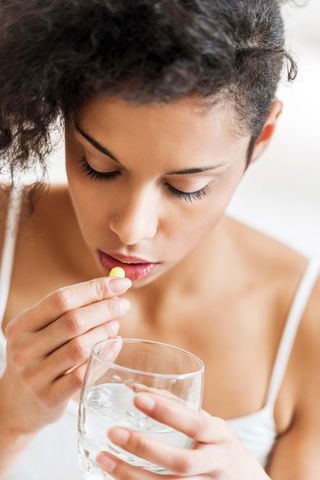
These capsules contain rhodiola rosea root extract and can help decrease stress and mental fatigue and improve your concentration. Take one a day with food; the manufacturer says you should expect to see results in two weeks.
Like Ho stated above, L-tyrosine has been reported to improve mood, sleep, and emotional stress. One reviewer said of this particular brand, "I ordered this to help me with general fatigue, anxiety, and depression… These help me focus, take away my lethargy, and make me feel sharp."
L-theanine is another ingredient that is said to relieve stress and leave you feeling relaxed yet focused. Many reviewers on Amazon have commented on these capsules' ability to relieve stress and anxiety—they have over 3000 reviews and an average of 4.5 stars on the retailer's site.

Highly rated on Amazon, this supplement contains seven herbs that are said to enhance mood and relieve anxiety: rhodiola rosea, Saint-John's-wort, lemon balm leaf, ginkgo biloba, ashwagandha, gotu kola, and eleuthero. It's recommended to take two capsules daily.
With a formula that contains ashwagandha, L-theanine, rhodiola rosea, hawthorn, bacopa, lemon balm, and passionflower, this supplement is said to help manage anxiety and stress and can make you feel positive and upbeat, especially in social situations.
These #Mood Pills can do double duty by boosting your mood and also relieving symptoms of PMS. They contain Saint-John's-wort, ginkgo leaf, vitamin B6, GABA, and L-theanine. It's recommended to take one in the morning and one at night.
Another mood booster from Moon Juice, this one is in capsule form and is said to help reduce stress and physical, mental, and emotional fatigue. Other potential benefits include higher energy levels, better mood, and help with stress-related weight gain. Some ingredients include ashwagandha, rhodiola, and shatavari.
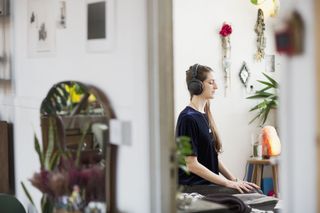
Next: The Better-Mood Diet: 7 Foods That Can Make You Feel Happier
This post was originally published at an earlier date and has since been updated.
Disclaimer
This article is provided for informational purposes only and is not intended to be used in the place of advice of your physician or other medical professionals. You should always consult with your doctor or healthcare provider first with any health-related questions.
Sarah is lifestyle writer and editor with over 10 years of experience covering health and wellness, interior design, food, beauty, and tech. Born and raised in Los Angeles, she attended New York University and lived in New York for 12 years before returning to L.A. in 2019.
In addition to her work on THE/THIRTY and Who What Wear, she held editor roles at Apartment Therapy, Real Simple, House Beautiful, Elle Decor, and The Bump (sister site of The Knot).
She has a passion for health and wellness, but she especially loves writing about mental health. Her self-care routine consists of five things: a good workout, “me” time on the regular, an intriguing book/podcast/playlist to unwind after a long day, naps, and decorating her home.
-
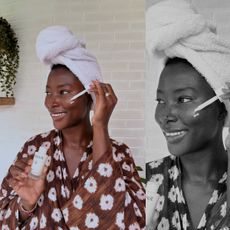 This Beauty Blogger's Wind-Down Routine Is Anything But a Snooze
This Beauty Blogger's Wind-Down Routine Is Anything But a SnoozeSee her go-to workout and her favorite vitamins.
By Virginia Yapp
-
 This Founder Shares Why We Should Start Celebrating Rest
This Founder Shares Why We Should Start Celebrating RestBurnout is nothing to be proud of.
By Kia Topps
-
 Why Dr. Deepika Chopra Believes that Optimism is Resiliency
Why Dr. Deepika Chopra Believes that Optimism is ResiliencyWhy you should start embracing every feeling.
By Kia Topps
-
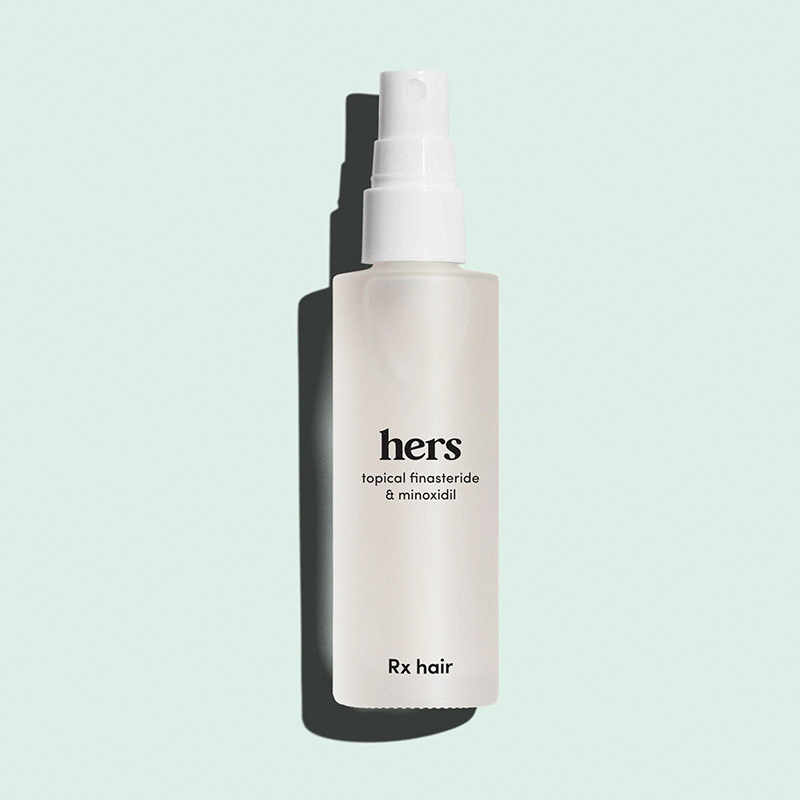 13 Products That Will Step Up Your Self-Care Game From Home
13 Products That Will Step Up Your Self-Care Game From HomeGet that glow from within.
By Natalie Gray Herder
-
 How TikTok's Favorite Photographer Helped Me Find My Confidence
How TikTok's Favorite Photographer Helped Me Find My ConfidenceI renewed my relationship with myself.
By MacKenzie Green
-
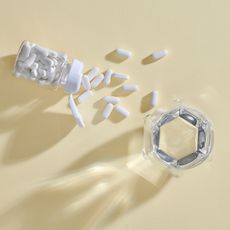 Don't Forget This Vital Ingredient When It Comes to Gut Health
Don't Forget This Vital Ingredient When It Comes to Gut HealthIt's crucial.
By Sarah Yang
-
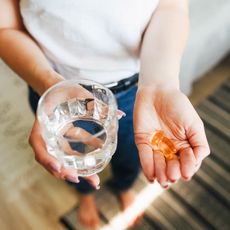 FYI: This Vitamin Affects Your Skin, Immune System, and Eye Health
FYI: This Vitamin Affects Your Skin, Immune System, and Eye HealthIt's a big deal.
By Sarah Yang
-
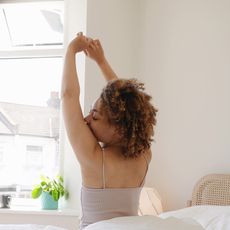 This Fatigue-Fighting Solution Might Be Better Than a Cup of Coffee
This Fatigue-Fighting Solution Might Be Better Than a Cup of CoffeeIt will give you a boost.
By Sarah Yang
